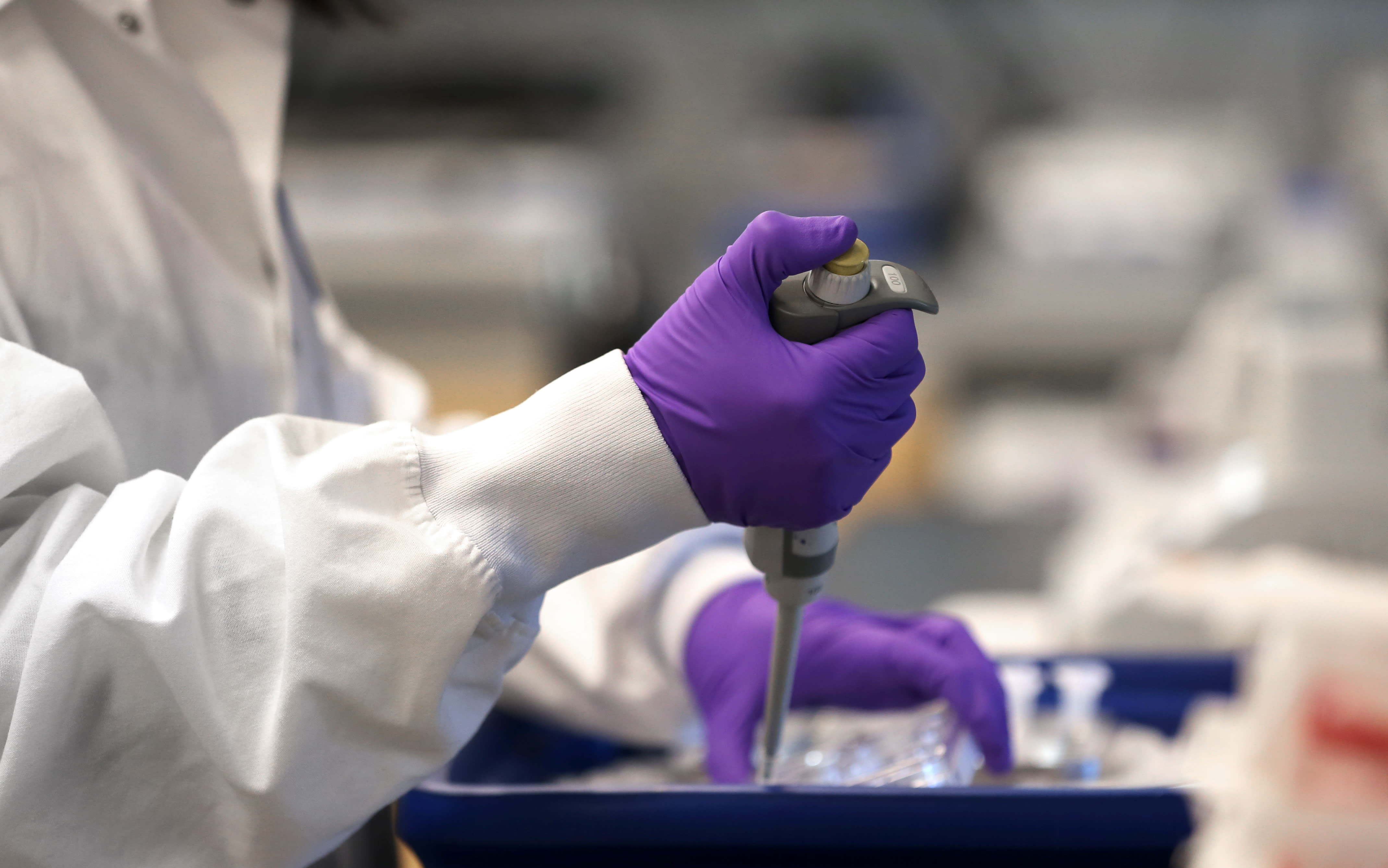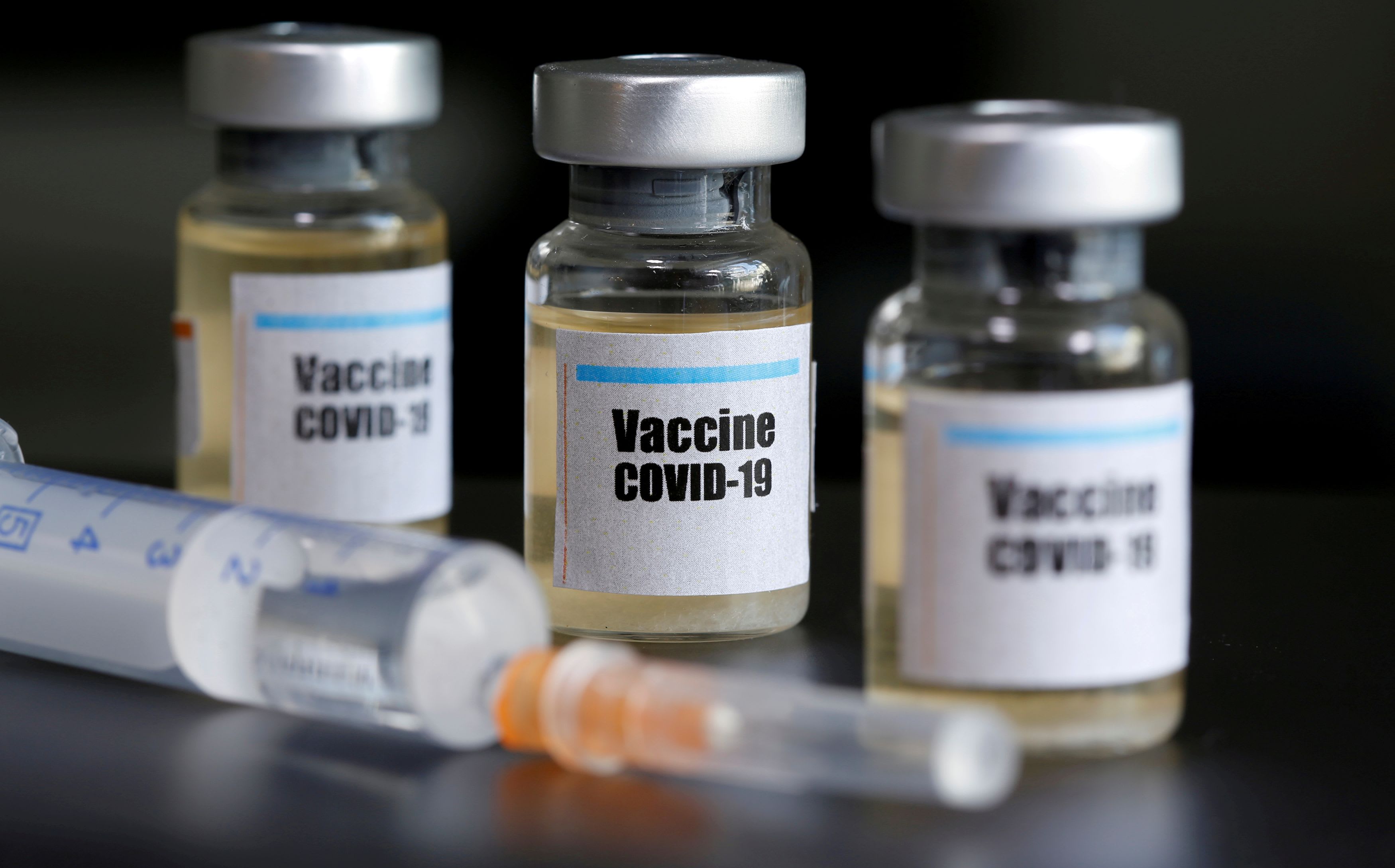Cambridge-based Moderna said its coronavirus vaccine is more than 94% effective in preventing COVID-19, according to preliminary phase three trial data, something CEO Stephane Bancel called a “game changer.” But once a vaccine is approved, how will it be distributed in Massachusetts, and will people get it?
As pharmaceutical companies across the world race against the clock to find ways to prevent the virus, which in the Bay State alone has spread to more than 184,500 people, killing more than 10,100, according to the state's Department of Public Health, finding an effective vaccine for COVID-19 may end up being the easy part. Getting the vaccinations distributed could prove to be more of a challenge.
“I’m going to get it as soon as I can cause I want to get out and live my life,” one woman in Newton Center said of a coronavirus vaccine.
While COVID-19 vaccines look to be highly effective, not everyone is convinced.
“I’m not sure yet. But if my doctor approves it, than I’d be willing to take it,” one woman in Nubian Square said.
With help from the Centers for Disease Control and Prevention, Massachusetts has been working on distribution plans since August. Vaccines will be administered in three phases, using existing healthcare providers and pharmacies at about 4,000 locations across the commonwealth.
”It’s going to be tough at the beginning but by the end of the spring if not well before then, in the end of the first quarter, this should be running smoothly,” said Barry Bloom, former dean of Harvard’s T.H. Chan School of Public Health.
The first phase will make shots available to the most vulnerable populations as well as health care and other essential workers.
The state already vaccinates about 3 million people every year, so there are systems in place to help with the distribution of COVID-19 vaccines.
More on Coronavirus Vaccines
Not everyone believes in vaccines, and experts say so-called vaccination hesitancy could make getting the virus under control more difficult.
”I don’t trust it,” said another woman. “I don’t even like the flu shot. But I just don’t trust it. It’s as simple as that.”
”I have a lot more confidence that we know how to fix a logistical supply chain problem than we do to change peoples attitudes for the safety and efficacy of vaccines,” Bloom said.
Another logistical hurdle the state still needs to overcome: how to store one of the vaccines at extremely cold temperatures before it’s used.



